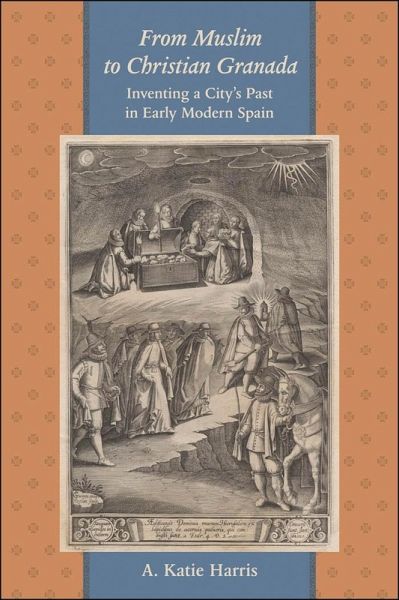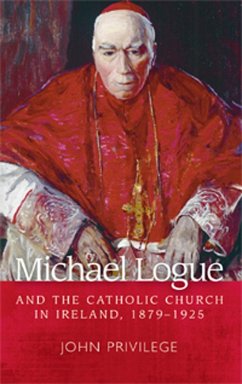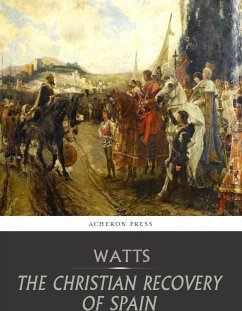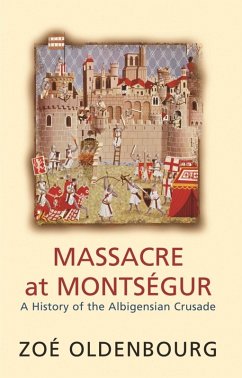
From Muslim to Christian Granada (eBook, ePUB)
Inventing a City's Past in Early Modern Spain
Versandkostenfrei!
Sofort per Download lieferbar
30,95 €
inkl. MwSt.
Weitere Ausgaben:

PAYBACK Punkte
15 °P sammeln!
Honorable Mention, 2010 Best First Book, Association for Spanish and Portuguese Historical StudiesIn 1492, Granada, the last independent Muslim city on the Iberian Peninsula, fell to the Catholic forces of Ferdinand and Isabella. A century later, in 1595, treasure hunters unearthed some curious lead tablets inscribed in Arabic. The tablets documented the evangelization of Granada in the first century A.D. by St. Cecilio, the city's first bishop. Granadinos greeted these curious documents, known as the plomos, and the human remains accompanying them as proof that their city-best known as the la...
Honorable Mention, 2010 Best First Book, Association for Spanish and Portuguese Historical StudiesIn 1492, Granada, the last independent Muslim city on the Iberian Peninsula, fell to the Catholic forces of Ferdinand and Isabella. A century later, in 1595, treasure hunters unearthed some curious lead tablets inscribed in Arabic. The tablets documented the evangelization of Granada in the first century A.D. by St. Cecilio, the city's first bishop. Granadinos greeted these curious documents, known as the plomos, and the human remains accompanying them as proof that their city-best known as the last outpost of Spanish Islam-was in truth Iberia's most ancient Christian settlement. Critics, however, pointed to the documents' questionable doctrinal content and historical anachronisms. In 1682, the pope condemned the plomos as forgeries.From Muslim to Christian Granada explores how the people of Granada created a new civic identity around these famous forgeries. Through an analysis of the sermons, ceremonies, histories, maps, and devotions that developed around the plomos, it examines the symbolic and mythological aspects of a new historical terrain upon which Granadinos located themselves and their city. Discussing the ways in which one local community's collective identity was constructed and maintained, this work complements ongoing scholarship concerning the development of communal identities in modern Europe. Through its focus on the intersections of local religion and local identity, it offers new perspectives on the impact and implementation of Counter-Reformation Catholicism.
Dieser Download kann aus rechtlichen Gründen nur mit Rechnungsadresse in A, B, BG, CY, CZ, D, DK, EW, E, FIN, F, GR, HR, H, IRL, I, LT, L, LR, M, NL, PL, P, R, S, SLO, SK ausgeliefert werden.













